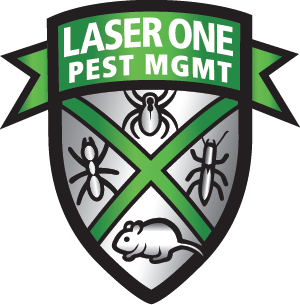As pet owners, we love our furry friends dearly, but we must also be aware of how having pets can affect our homes in terms of pest control. While pets bring us joy and companionship, they can inadvertently attract pests into our homes. Here are some key considerations to keep in mind:
Pets can introduce pests: Pets, especially those that spend time outdoors, can inadvertently bring pests such as fleas, ticks, and even rodents into our homes. These pests can hitch a ride on your pet’s fur or attach themselves to their skin, and once inside, they can infest your home and become a nuisance to both you and your pet.
Food and water spills: Pets can be messy eaters and drinkers, and food and water spills can quickly accumulate, creating a potential food source for pests. Leftover pet food, spilled water, or food crumbs can attract ants, roaches, and other pests looking for an easy meal.
Pet waste: Pet waste, if not properly disposed of, can also attract pests. Pet waste left in the yard or not cleaned up promptly can attract flies, rodents, and other pests, which can pose health risks to both humans and pets.
Chewed wires and nesting: Some pets, such as rodents or small mammals, may have a natural instinct to chew on wires, insulation, or other household items to build nests or mark their territory. This can not only cause damage to your home but also create potential entry points for pests.
How to manage pests with pets: As a pet owner, it’s essential to take proactive measures to manage pests in your home. Here are some tips:
Regular grooming and flea/tick prevention: Regular grooming and flea/tick prevention measures for your pets can help reduce the risk of introducing pests into your home. Consult with your veterinarian for appropriate flea and tick prevention treatments.
Clean up pet food and water spills: Clean up pet food and water spills promptly, and store pet food in sealed containers to minimize potential food sources for pests.
Properly dispose of pet waste: Always promptly clean up pet waste in your yard and dispose of it properly to avoid attracting pests.
Pet-proof your home: Pet-proof your home by sealing potential entry points, securing trash cans, and protecting wires and insulation to minimize opportunities for pests to enter or nest in your home.
Consult with a pest control professional: If you suspect a pest infestation in your home, it’s best to consult with a professional pest control company like Laser One Pest Management. They can provide safe and effective pest control solutions tailored to your home and pet’s specific needs.
In conclusion, while pets bring joy and companionship, they can also impact pest control efforts in our homes. Taking proactive measures to manage pests, such as regular grooming, cleaning up food spills, proper pet waste disposal, pet-proofing your home, and consulting with a pest control professional, can help ensure a pest-free and healthy living environment for both you and your pets. Remember, it’s essential to strike a balance between providing a safe and comfortable home for our pets while also managing potential pest-related risks effectively.

